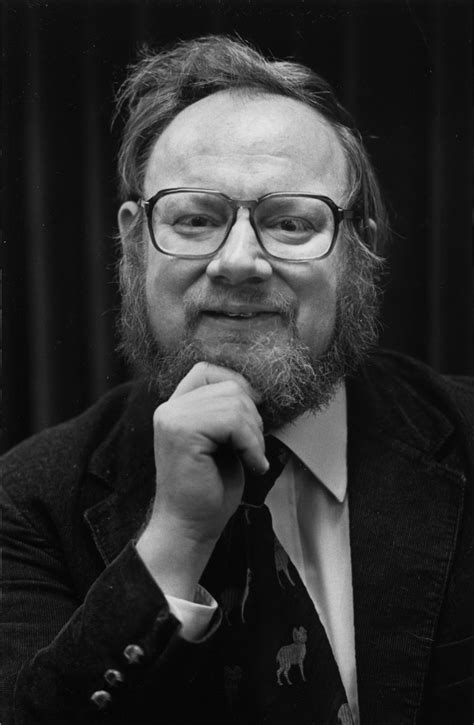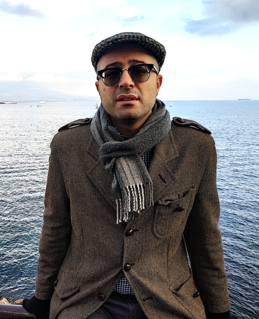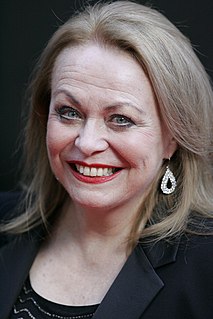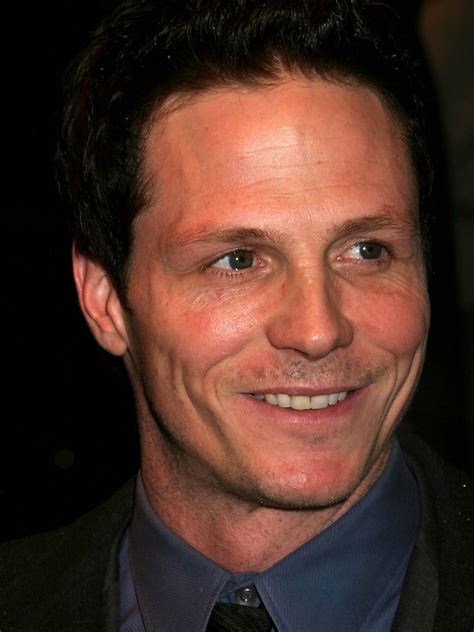A Quote by John Eaton
I think a lot of composers get into trouble just making up a plot and expecting an audience to follow that.
Related Quotes
Anyone can write five people trapped in a snowstorm. The question is how you get them into the snowstorm. It's hard to write a good play because it's hard to structure a plot. If you can think of it off the top of your head, so can the audience. To think of a plot that is, as Aristotle says, surprising and yet inevitable, is a lot, lot, lot of work.
I think, you know, for someone who does play, let's say, old music or, you know, Baroque music or Renaissance music - and you know, and I do play a lot of that, obviously - engaging with new composers, engaging with young composers, is really exciting because it makes me look at people of the past in a very different way that they are also living, that there was a lot of subjectivity in the decisions that they were making.
I have a lot of friends who were stand-ups, and they just stopped after a while, because they didn't like that battle, or they just couldn't do it. And then they would get on a sitcom and get visible and get back into it, because the audience was just way easier on them. But they lost those crucial years of learning to turn any audience into your audience.
You get in a lot of trouble when you start putting fictitious numbers on value. I think to just say, we're going to say a dollar of cash is worth $2 all of a sudden, it isn't worth $2. It's worth a dollar today. And I think once you start putting phony figures into financial statements, you get in a lot of trouble.
At the end of the day, you just have to focus on winning. No one can take a win away from you. That's what I focused on. Life is not fair, so I don't go out there expecting it to be. I don't think any of us should go out expecting life to be fair. I think that's expecting too much, and I remind myself of that sometimes. You can get on with your life after that.







































